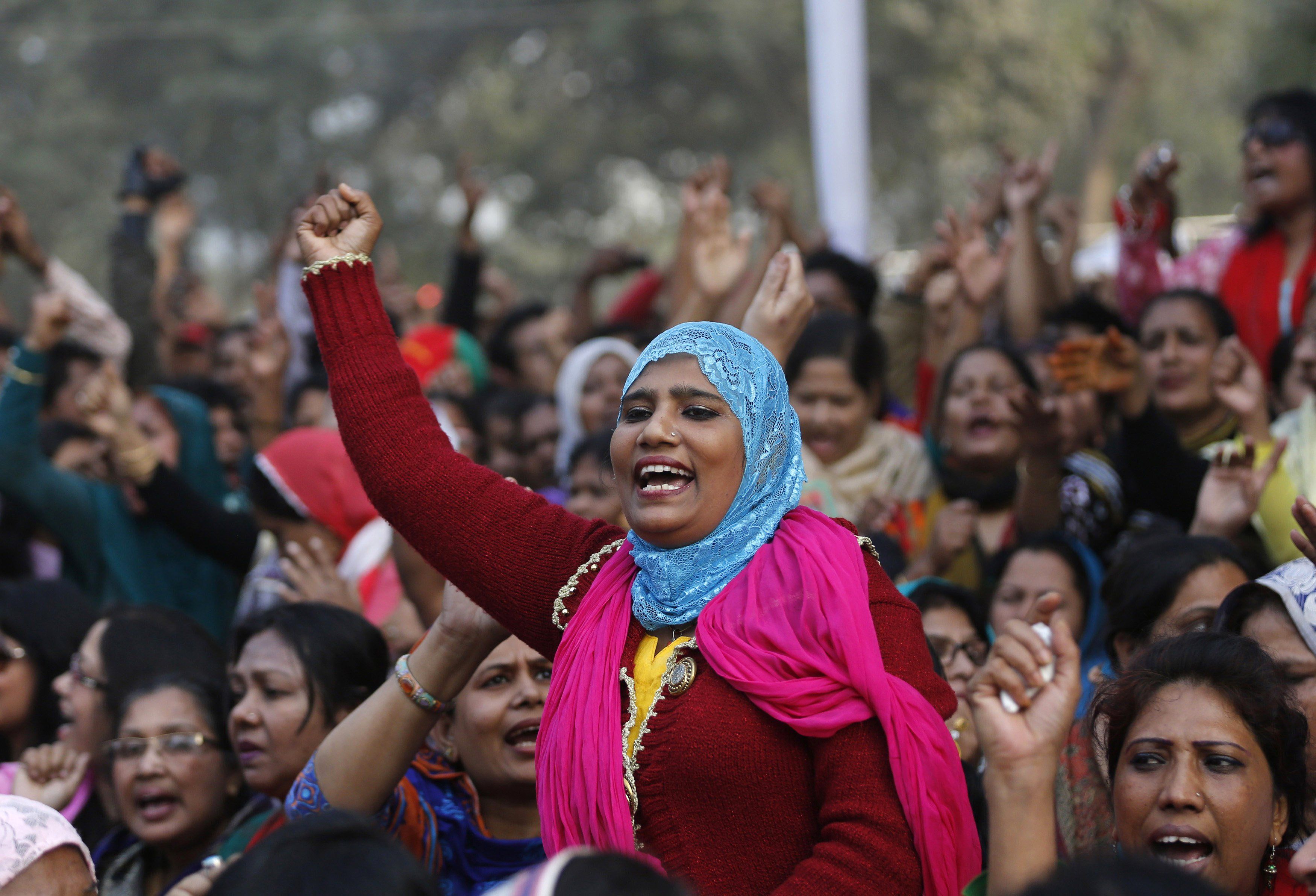The small South Asian nation’s young democracy isn’t looking its healthiest ahead of Sunday’s vote, which the main opposition party is boycotting. Incumbent Prime Minister Sheikh Hasina has been accused of exercising increasingly autocratic power since she returned to office in 2008, including jailing her primary rival Khaleda Zia and her son Tarique Rahman.
The candidates: Hasina is by far the front-runner thanks to her electoral shenanigans and the opposition boycott, meaning she is all but certain to retain her position and majority in the legislature. Ghulam Muhammed Quader, a center-right candidate from outside both of the main two coalitions doesn’t look like much of a threat: During the last election in 2018, his party took just 5% of the vote to Hasina’s 75%.
Where things stand: Hasina will likely stay in power, so the key metric to gauge her mandate is turnout. Bangladesh historically has high poll attendance, near 75% for all elections since 1996, except for 2014, when, under similarly controversial circumstances, fewer than 40% of eligible voters cast a ballot.
More For You
Global conflict was at a record high in 2025, will 2026 be more peaceful? Ian Bremmer talks with CNN’s Clarissa Ward and Comfort Ero of the International Crisis Group on the GZERO World Podcast.
Most Popular
Think you know what's going on around the world? Here's your chance to prove it.
Indian Prime Minister Narendra Modi isn’t necessarily known as the greatest friend of Muslim people, yet his own government is now seeking to build bridges with Afghanistan’s Islamist leaders, the Taliban.
The European Union just pulled off something that, a year ago, seemed politically impossible: it froze $247 billion in Russian central bank assets indefinitely, stripping the Kremlin of one of its most reliable pressure points.
